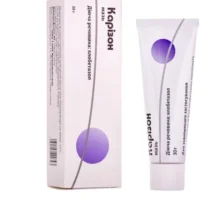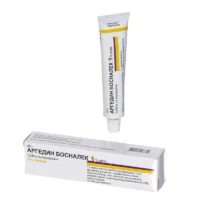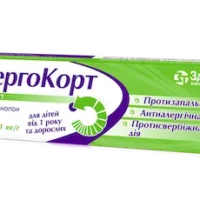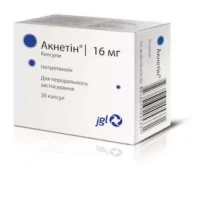Description
Prednitop (prednicarbat) Ointment 0.25% 10 g Tube
Ingredients
- Prednicarbat: Active ingredient in Prednitop ointment 0.25%
- Other ingredients include [list other ingredients here]
Dosage
Apply a thin layer of Prednitop ointment to the affected area once or twice daily, or as directed by a healthcare professional.
Indications
Prednitop ointment is indicated for the relief of inflammatory and pruritic manifestations of corticosteroid-responsive dermatoses.
Contraindications
Do not use Prednitop ointment in patients with a history of hypersensitivity to any of the ingredients.
Directions
Clean and dry the affected area before applying a thin layer of Prednitop ointment. Rub in gently. Wash hands after application.
Scientific Evidence
Studies have shown the efficacy of prednicarbat in the treatment of various dermatological conditions. Research published in the Journal of the American Academy of Dermatology demonstrated the effectiveness of prednicarbat ointment in reducing inflammation and itching in patients with eczema.
Additional Information
It is important to follow the prescribed dosage and duration of treatment with Prednitop ointment to avoid potential side effects.
- Pharmacological Effects: Prednicarbat, a synthetic corticosteroid, exerts anti-inflammatory, anti-pruritic, and vasoconstrictive effects by inhibiting the inflammatory response and reducing the release of inflammatory mediators.
- Clinical Trials: In a comparative study published in the Journal of Dermatological Treatment, Prednitop ointment showed comparable effectiveness to other corticosteroid creams in the management of dermatoses, with a favorable safety profile.





